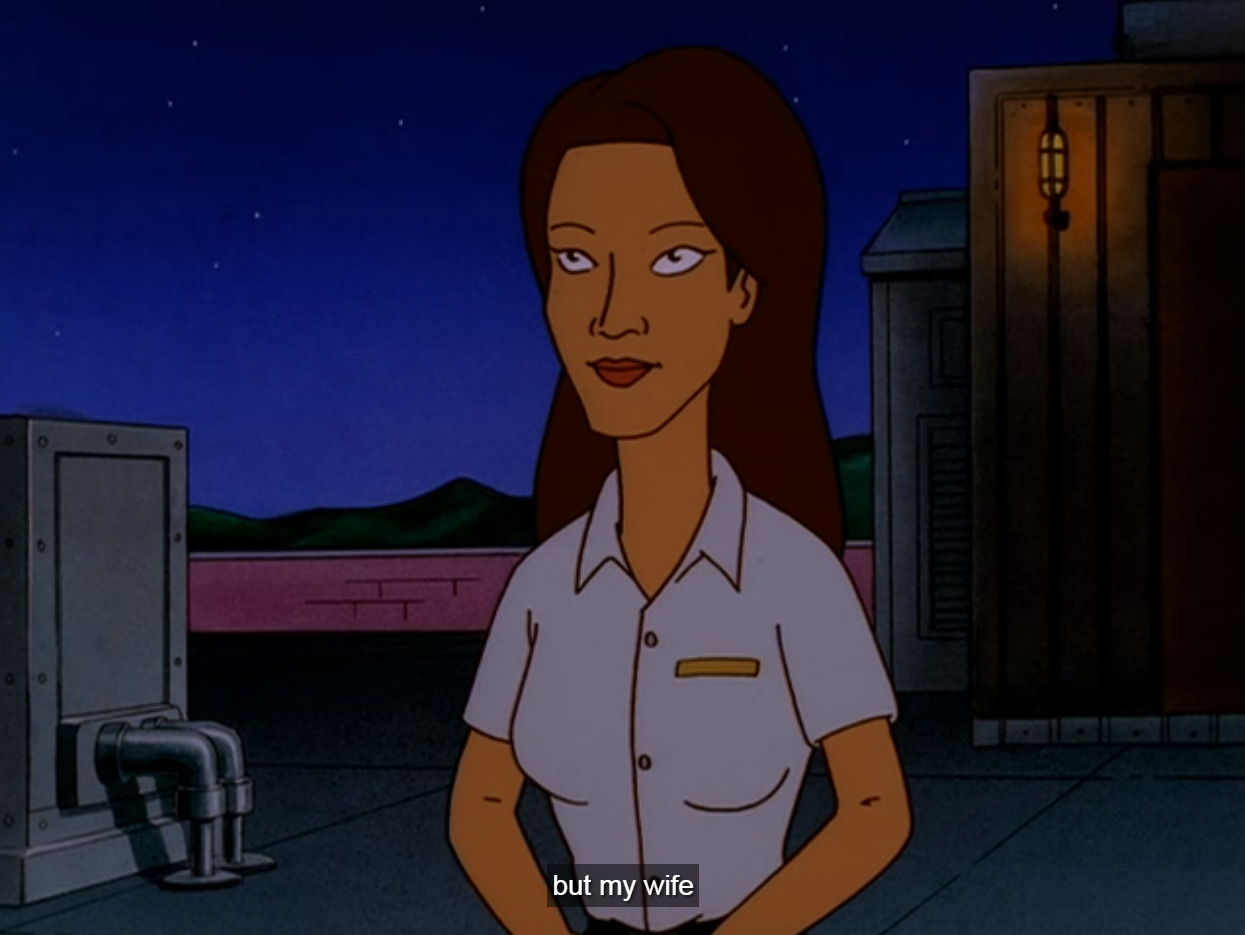

Usually he opted for the latter, but (partially thanks to that Bum Bum billboard) the former had a way of happening, and on the mornings following a dozen beers Dale often felt grateful for the weeder that held up the dummy. Way Dale knew it, he had two choices each night: spend time at the Whiskey Pit with the other old-timers or read by the fire at home. The clothes were sun faded and snow weathered and the face had lost any semblance of features, but the dummy wasn’t too much worse for the wear.Īnd damn if it didn’t feel good to do good work. Often, coming home, Dale marveled at his own handiwork the thing hadn’t fallen in the two years since he put it up and only two or three times did he have to head out there to fix a minor lean.
Dammit dale drivers#
The dummy stood out there all four seasons long, facing the battered billboard, the two inanimate objects creating something of a rubicon the drivers were forced to take notice of as they passed. No stranger to fixing things, Dale believed the situation had been repaired and he was lulled into a sort of forgetful reverie, as the worry of pulling out once a day no longer meant as much as it used to. Trucks went by at a slower speed and even the pouty Camaros and t-topped teens took their time. “And it’s not as good as the billboard says it is,” Dale told the dummy. When he was finished he looked out across the street in the direction the dummy was looking and saw the Bum Bum Rum sign that was probably as responsible for the distracted drivers as technology was. He shoveled a pile of the black clay upon the thing’s shoulders, jammed his fingers deep enough to create eyes, called it a head, and set a red trucker’s hat upon the mostly featureless mound. He held the thing upright with a long handled weeder whose two front teeth held solid to the earth and never swayed. The same kind of black stuff he’d buried six dogs in (and would bury Pickle with soon.) The dark stuff was more like clay and Dale stuffed handfuls into a yellow t-shirt from his days in the nineteen-seventies. So the next day he made the dummy out of deep dirt he’d dug up far behind the farmhouse. But instead of scaring crows you’ll be scaring teenage fools.” “Get a lot of activity here?” the woman, a beautiful farmer from Gibbons, asked him. And yet, he couldn’t even rightly pull out of his own drive without checking every angle in a math book. And it’d come to a head the night Dale had hosted a woman, a thing he hadn’t done in close to twelve years and so wanted badly to impress her. Once it was where Dale had to wait long at the head of the drive, checking back and forth to see if someone was coming, inching out from the gravel to the dirt, until his powder blue Ford pickup was a true four feet out onto County 6. They bumped into people on the sidewalk and sometimes they drove their cars off the road. For this, people couldn’t quit reading ‘em. A thought carried more weight when you posted it than when you said it out loud, Dale guessed. But people were obsessed with the written word, or something like that.

Even in small town Dickory, First Street was populated with what looked like deaf-mutes, everybody walking serpentine, slow, looking down, wrapped up in a conversation that couldn’t have been any more interesting than the reality going on about them.

Hell, even the parents of these kids were on their Goddamn phones. Kids these days weren’t thinking about hidden drives, unless those drives were somehow electronic. Dale kept a dummy out forty yards from the head of his drive because lug-heads took the turn so quick they were liable to kill him one day.


 0 kommentar(er)
0 kommentar(er)
